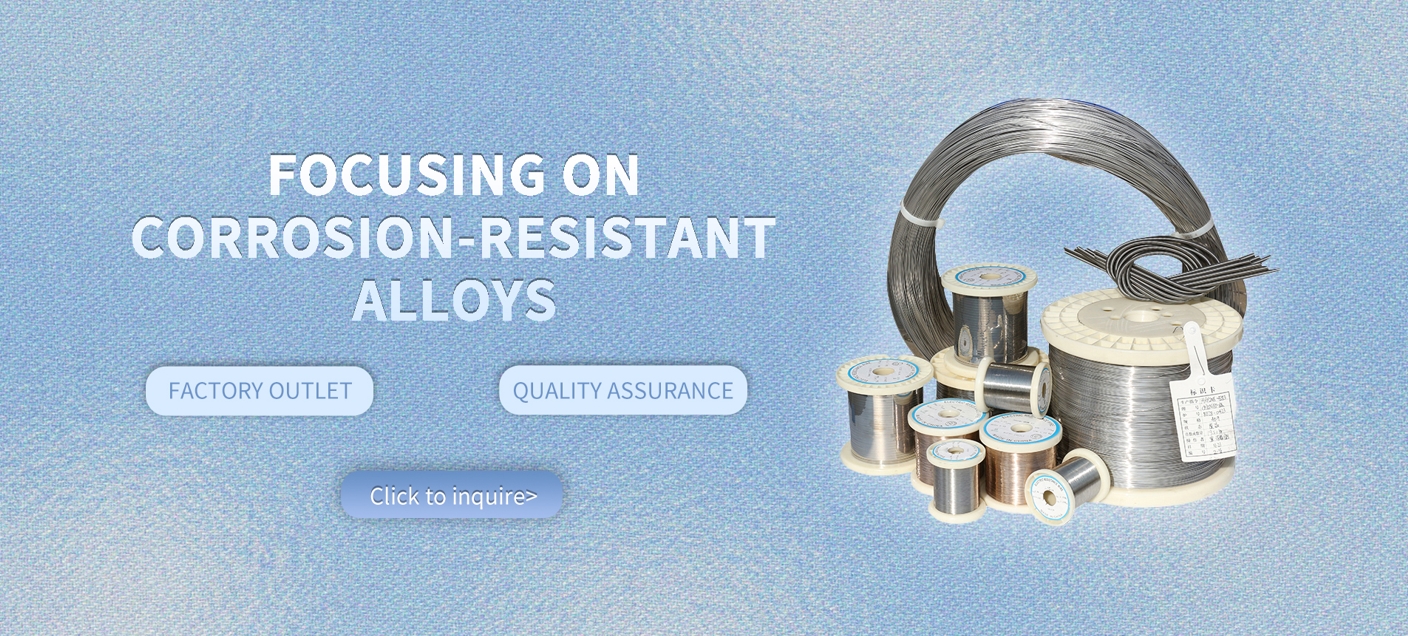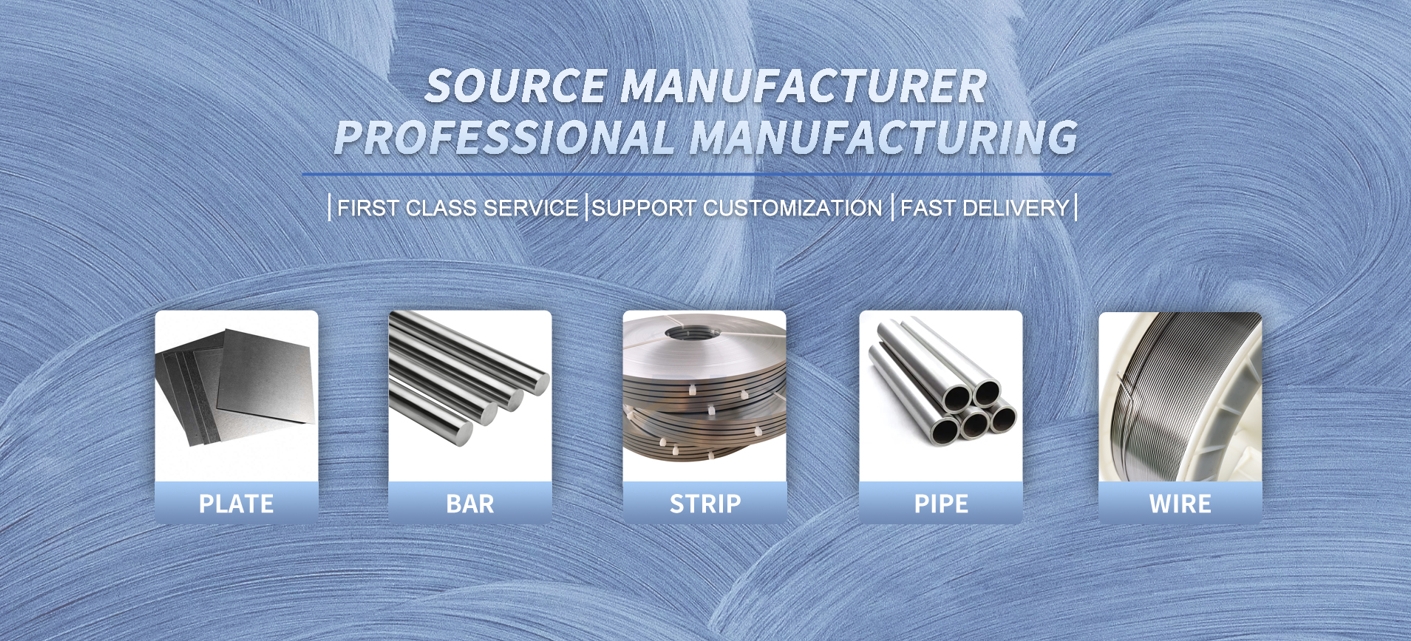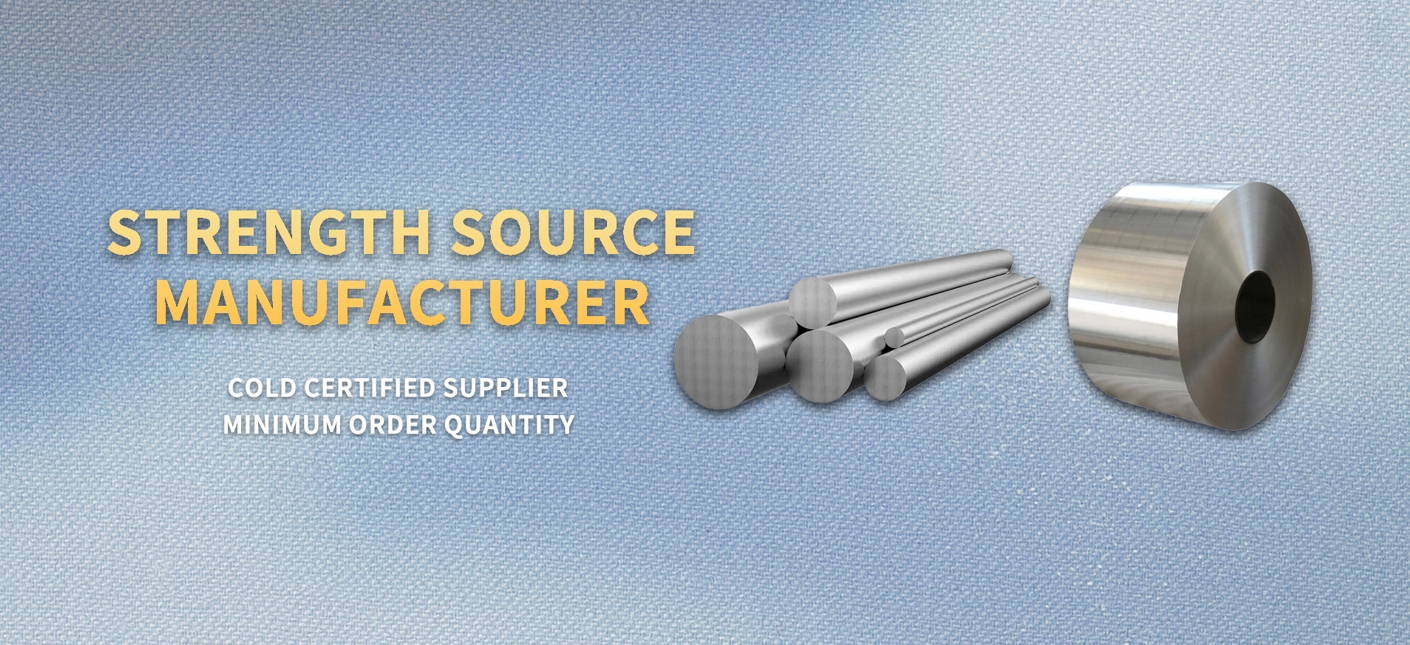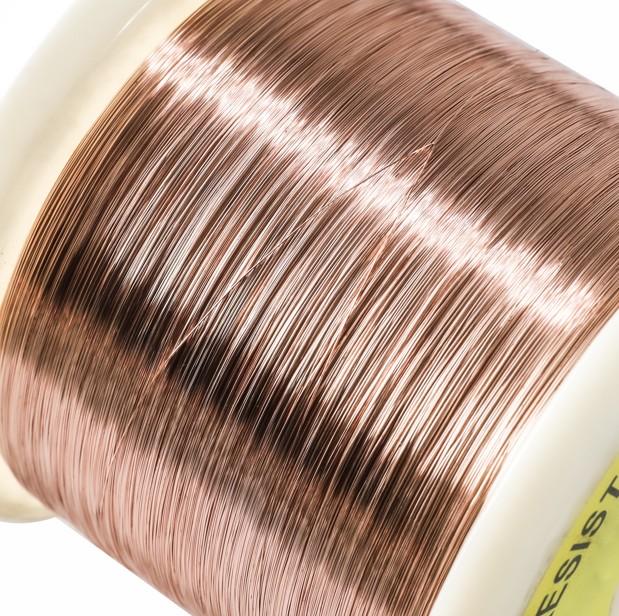Custom CuNi10 Alloy Wire for Desalination and Chemical Processing
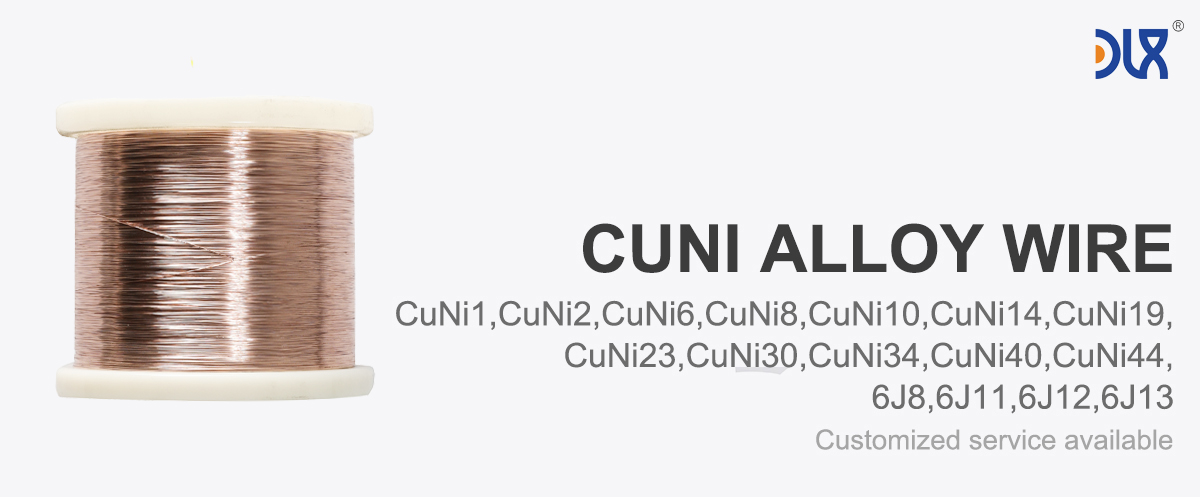
Our Custom CuNi1 0 Alloy Wire is a top choice for desalination and chemical processing, built to withstand the harshest environments with ease. Made from 90% copper and 10% nickel with a purity of 99.9%, this alloy delivers exceptional corrosion resistance, strength, and reliability. From desalination plants to chemical reactors, our CuNi10 wire is designed to perform where others fall short. Let’s dive into what makes this wire special, explore the industry trends driving its demand, and see how it’s applied across various sectors.
For more details, pls directly contact us.
Our CuNi10 Alloy Wire is engineered for durability and precision. With a purity of 99.9%, this wire boasts a melting point of approximately 1100°C, a density of 8.9 g/cm³, and a tensile strength of 300 MPa. Its hardness (80 HV in soft state) ensures flexibility for various applications, while its electrical resistivity of 15.0 µΩ·cm at 20°C supports stable performance in electrical and sensor applications.
We offer this wire in a range of diameters, from ultra-fine 0.05 mm to larger sizes, and can customize lengths and coatings to meet your needs. Our manufacturing process complies with ASTM B206 standards, and every spool undergoes rigorous quality checks to ensure consistency and performance. We package them securely in spools or padded cartons for safe delivery worldwide.
The copper-nickel alloy’s corrosion resistance is a standout feature. The 10% nickel content enhances durability against seawater, chlorides, and aggressive chemicals, making it perfect for desalination and chemical processing. Compared to stainless steel, our CuNi10 wire offers superior corrosion resistance in marine and chemical environments, ensuring long-lasting performance.
Parameter:

Properties Material | Resistivity 200c μΩ.m | Max working temperature (℃) | Tensile strength (Mpa) | Melting point (℃) | Density (g/cm3) | TCR *10-6/℃ (20-600℃) | EMF vs Cu (μV/℃) (0-100℃) |
CuNi1 | 0.03 | 200 | 210 | 1085 | 8.9 | <100 | -8 |
0.05 | 200 | 220 | 1090 | 8.9 | <120 | -12 | |
0.1 | 220 | 250 | 1095 | 8.9 | <60 | -18 | |
0.12 | 250 | 270 | 1097 | 8.9 | <57 | -22 | |
CuNi10 | 0.15 | 250 | 290 | 1100 | 8.9 | <50 | -25 |
0.2 | 300 | 310 | 1115 | 8.9 | <30 | -28 | |
0.25 | 300 | 340 | 1135 | 8.9 | <25 | -32 | |
CuNi23 | 0.3 | 300 | 350 | 1150 | 8.9 | <16 | -34 |
0.35 | 350 | 400 | 1170 | 8.9 | <10 | -37 | |
0.4 | 350 | 400 | 1180 | 8.9 | 0 | -39 | |
0.5 | 400 | 420 | 1200 | 8.9 | <-6 | -43 |
Size Range | |
Wire | 0.08-7.5mm |
Ribbon | (0.05-0.35)*(0.5-6.0)mm |
Strip | (0.50-2.5)*(5-180)mm |
Rod | 8-50mm |
For more details, pls directly contact us.
Copper is great, but adding 10% nickel makes our CuNi10 wire a cut above. The nickel boosts corrosion resistance and strength, making it tougher than CuNi6 or pure copper in harsh environments. Compared to stainless steel, our wire provides better resistance to seawater and chemicals, critical for applications like desalination plants. While aluminum is lighter and cheaper, it lacks the durability and corrosion resistance of CuNi10 in aggressive chemical or marine settings.
Customization is our forte. Need a fine wire for a chemical sensor? We’ve got it covered. Want a specific length for a heat exchanger? No problem. Our advanced manufacturing techniques, like precision wire drawing and alloy optimization, ensure tight tolerances that meet the strictest industry standards.
Industry Analysis
The market for copper-nickel alloys, including our CuNi10 wire, is on a steady growth trajectory. Industry estimates value the market at around $1.3 billion in 2025, with a compound annual growth rate (CAGR) of about 5.9% from 2020 to 2025. The desalination industry is a major driver, as global demand for fresh water fuels the expansion of desalination plants. Chemical processing also contributes significantly, with increasing need for corrosion-resistant materials in reactors and piping systems.
Marine and renewable energy sectors are boosting demand, using CuNi10 wires for their durability in harsh environments. Emerging trends, like green chemistry and sustainable infrastructure, are creating new opportunities for our wire in applications like hydrogen production and carbon capture systems. The rise of offshore wind farms and tidal energy projects further drives demand for materials that can withstand constant exposure to seawater.
Supply chain challenges, such as fluctuating copper prices, can be a hurdle, but we’ve optimized our sourcing to ensure competitive pricing and consistent availability. Advances in manufacturing, like high-precision wire drawing and alloy processing, allow us to produce customized wires with exceptional accuracy. Sustainability is a growing focus, and we’re committed to minimizing waste through efficient production processes.
Applications
Our CuNi10 Alloy Wire is versatile and built for high-performance applications. Here’s where it shines:
Desalination Plants: Its corrosion resistance makes it ideal for piping, heat exchangers, and sensors in desalination systems.
Chemical Reactors: Our wire withstands aggressive chemicals, perfect for reactor components and piping systems.
Heat Exchangers: Its durability and thermal stability ensure reliable performance in marine and chemical heat exchangers.
Marine Piping: Used in shipbuilding and offshore platforms, our wire resists seawater corrosion for long-lasting performance.
Chemical Sensors: Its resistance to harsh chemicals makes it suitable for sensors in chemical processing environments.
Renewable Energy: Our wire supports components in offshore wind and tidal energy systems, resisting marine corrosion.
Industrial Equipment: Its strength and corrosion resistance make it ideal for connectors and components in harsh industrial settings.
Research Applications: Scientists rely on our wire for experiments requiring corrosion-resistant, high-purity materials.
Comparison Parameters Table
Parameter | CuNi10 Wire | CuNi6 Wire | Stainless Steel Wire | Aluminum Wire |
|---|---|---|---|---|
Composition | 90% Cu, 10% Ni | 94% Cu, 6% Ni | Fe, Cr, Ni | 99%+ Al |
Purity | 99.9% | 99.9% | Varies | 99.7%+ |
Melting Point (°C) | ~1100 | ~1080 | ~1400–1450 | ~660 |
Density (g/cm³) | 8.9 | 8.9 | ~7.8–8.0 | ~2.7 |
Hardness (HV, Soft) | 80 | 75 | ~150–200 | ~25–45 |
Tensile Strength (MPa) | 300 | 280 | ~500–700 | ~100–200 |
Corrosion Resistance | Excellent | Very Good | Good | Moderate |
Electrical Resistivity (µΩ·cm at 20°C) | 15.0 | 12.0 | ~70–75 | ~2.82 |
Applications | Desalination, chemical processing | Resistors, sensors | Industrial, structural | Automotive, aerospace |
Cost | Moderate | Moderate | Low | Low |
Customizability | High | High | High | Moderate |
Our CuNi10 Alloy Wire is designed to lead the industry. Customization is our strength—whether it’s a specific diameter, length, or coating, we tailor our wires to your exact needs. Our state-of-the-art facilities use cutting-edge techniques like precision wire drawing and alloy optimization to achieve tolerances that meet the toughest industry standards.
Quality is our cornerstone. Every wire complies with ASTM B206 standards and undergoes rigorous testing to ensure consistency, reliability, and performance. Our team of material scientists and engineers is always available to provide technical support, from design to delivery. We also offer competitive pricing and fast lead times, making high-performance wires accessible without breaking your budget.
Sustainability is part of our core. We source materials responsibly and optimize our processes to reduce waste, aligning with the industry’s push for greener practices. Our global supply chain ensures reliable delivery, and we package every order securely to prevent damage. Compared to others, our focus on customization, quality, and sustainability makes us the top choice for CuNi10 alloy wire.
Why Choose Our CuNi10 Wire?
Our Custom CuNi10 Alloy Wire is built for desalination and chemical processing applications that demand durability and reliability. With excellent corrosion resistance, strength, and customization options, it delivers top-tier performance for marine, chemical, and renewable energy systems. Backed by our commitment to quality, innovation, and customer support, we’re here to help your project succeed. Need a wire that fits your desalination or chemical processing needs perfectly? Reach out today, and let’s create something extraordinary with the best CuNi10 alloy wire on the market.
For more details, pls directly contact us.

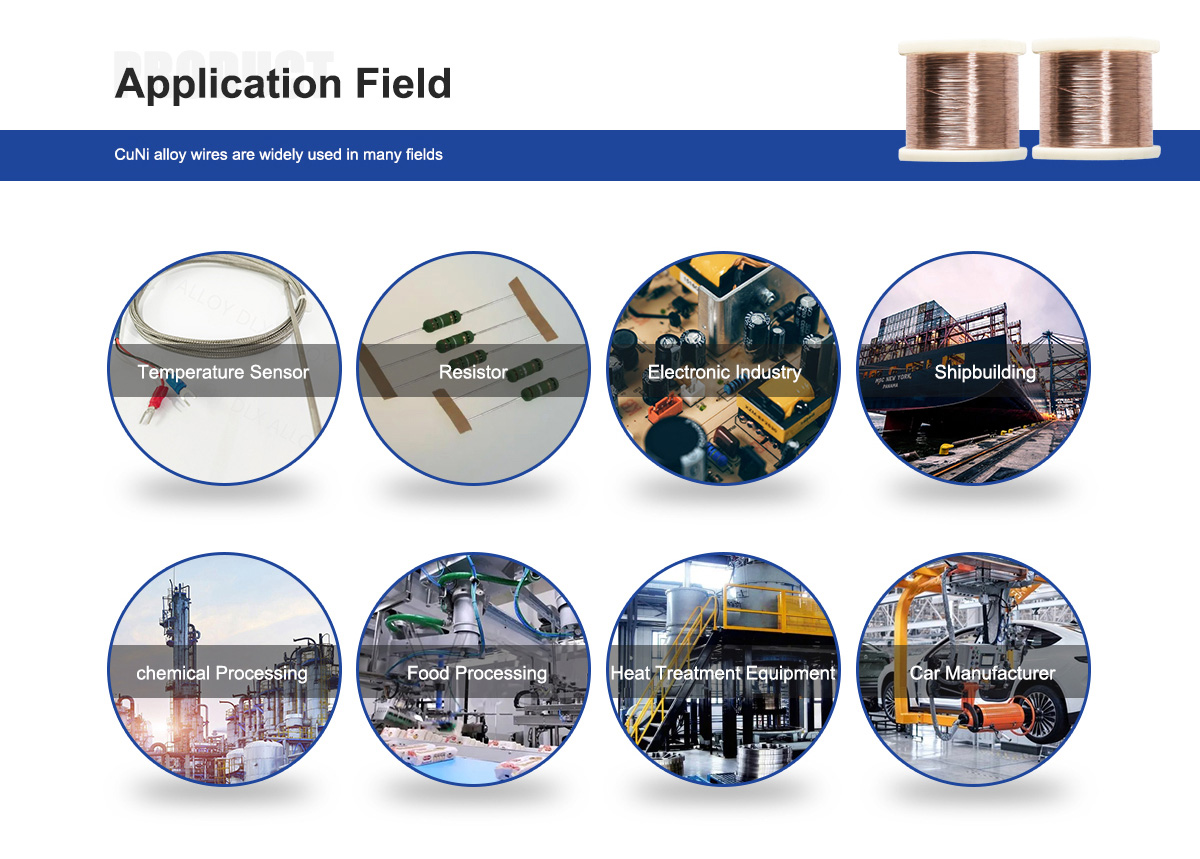
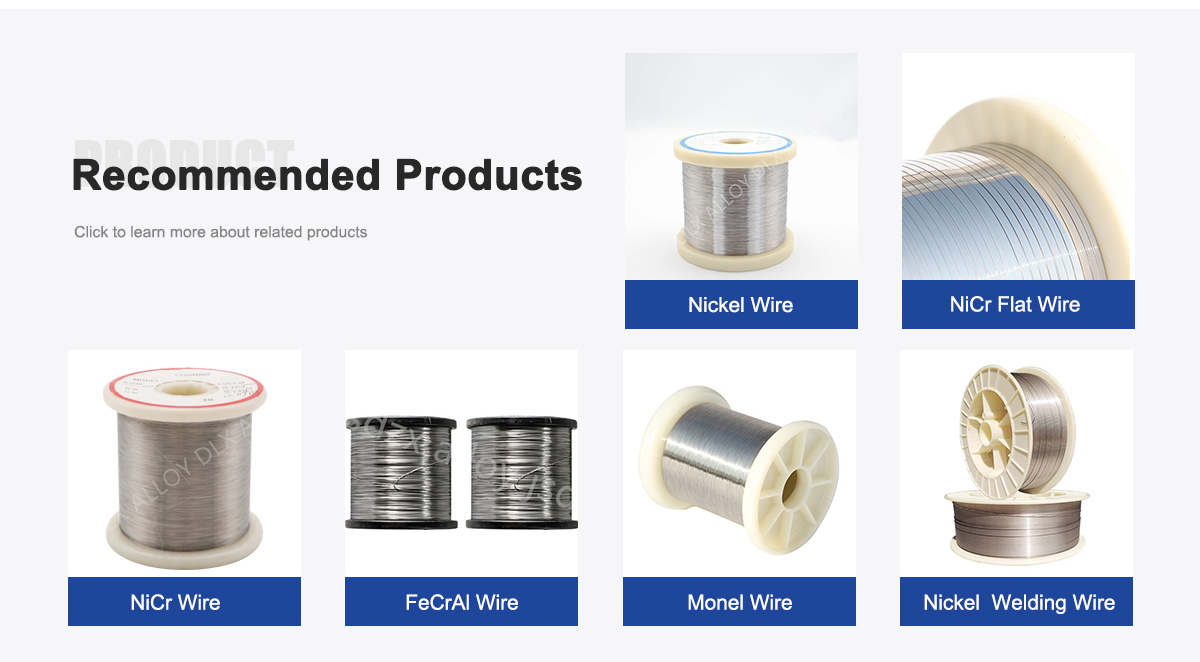
About Us:
Our 12,000㎡ factory is equipped with complete capabilities for research, production, testing, and packaging. We strictly adhere to ISO 9001 standards in our production processes, with an annual output of 1,200 tons. This ensures that we meet both quantity and quality demands. Furthermore, all products undergo rigorous simulated environment testing including high temperature, high pressure, and corrosion tests before being dispatched, ensuring they meet customer specifications.
For all our clients, we offer timely and multilingual after-sales support and technical consulting, helping you resolve any issues swiftly and efficiently.
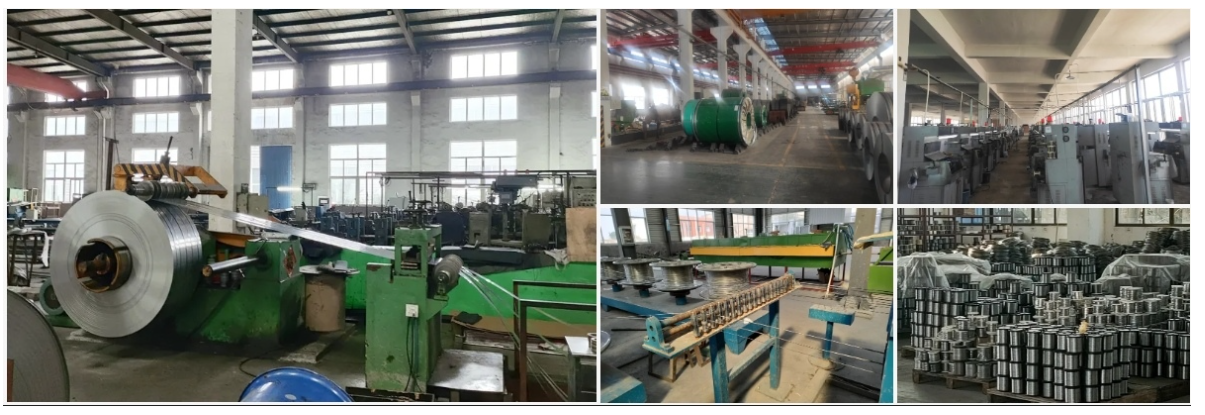
Client Visits
Building Stronger Partnerships
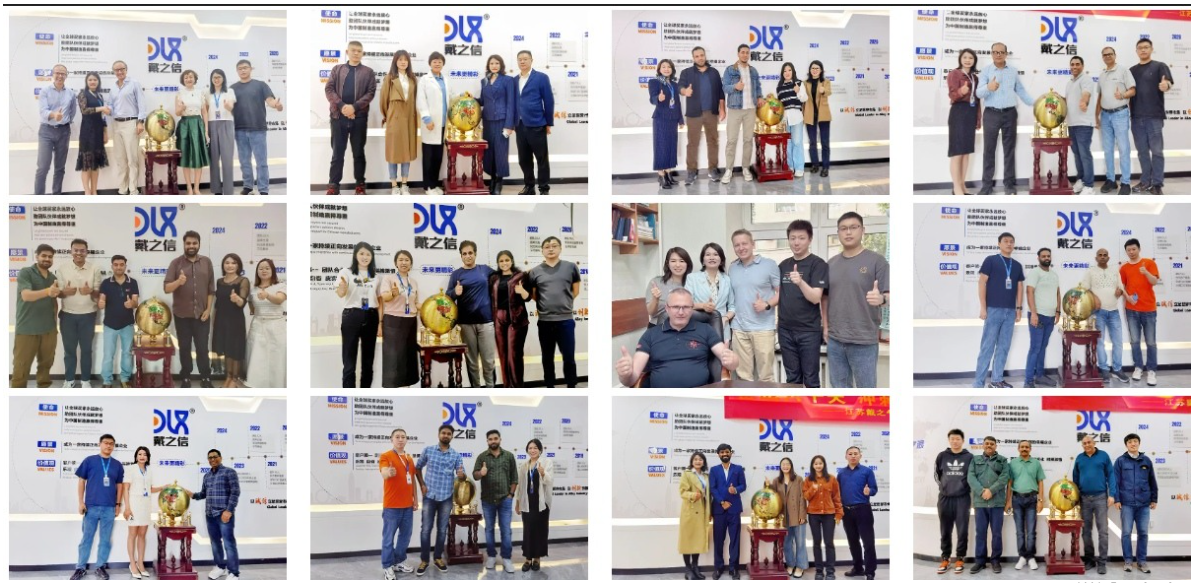
We support all kinds of testing:
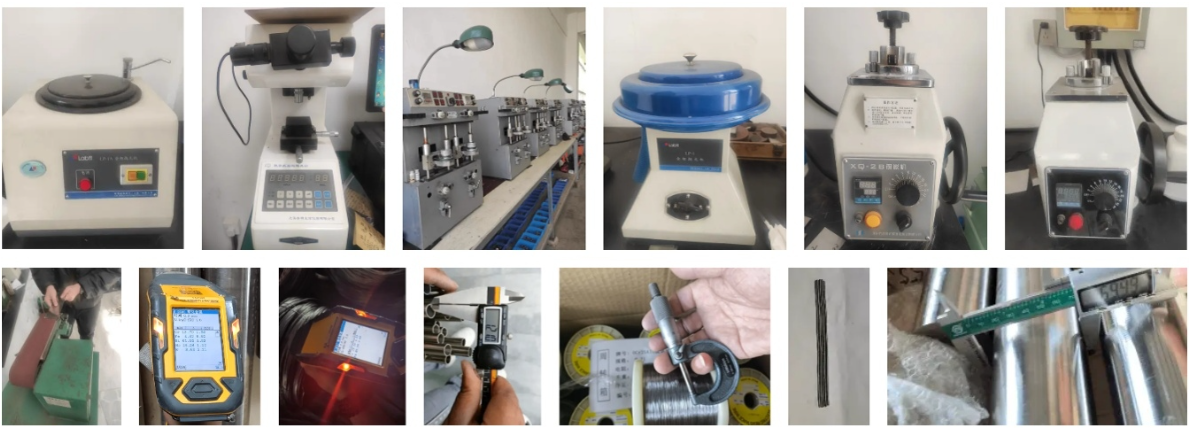

FAQs:
What is the composition of your CuNi10 Alloy Wire?
Our CuNi10 wire is made of 90% copper and 10% nickel, with a purity of 99.9% for superior performance.What makes CuNi10 alloy wire ideal for desalination and chemical processing?
Its excellent corrosion resistance to saltwater and chemicals, along with high strength, ensures reliable performance in harsh environments.What are the main applications of CuNi10 alloy wire?
It’s used in desalination plants, chemical reactors, heat exchangers, marine piping, and corrosion-resistant sensors.Can you customize CuNi10 Alloy Wire for specific applications?
Yes, we offer custom diameters, lengths, and coatings to meet precise desalination and chemical processing needs.How does CuNi10 wire perform in corrosive environments?
It resists corrosion from seawater, chlorides, and aggressive chemicals, ensuring durability in demanding conditions.What industry trends are driving demand for CuNi10 alloy wire?
The market is growing at a 5.9% CAGR, driven by demand in desalination, chemical processing, and sustainable infrastructure.How do you ensure the quality of your CuNi10 alloy wire?
We comply with ASTM B206 standards, use advanced manufacturing, and conduct rigorous testing for reliability.Why choose CuNi10 over other materials for desalination and chemical processing?
Its superior corrosion resistance and strength outperform materials like stainless steel or aluminum in harsh environments.
